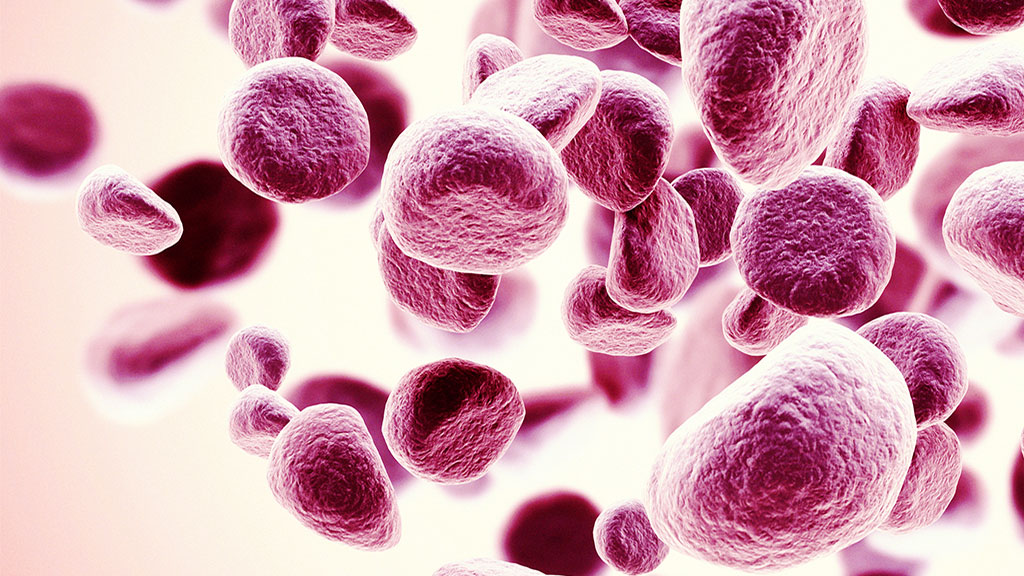Parliamentary probe finds racism evidence in NHS sickle cell care

Patients with sickle cell disease are facing racism in the NHS that is putting their lives a risk, claims a new report.
The All-Party Parliamentary Group (APPG) document – entitled No One's Listening and partnered with the Sickle Cell Society – found "serious care failings" in acute services and evidence of attitudes underpinned by racism in the care of people with SCD, a red blood cell disorder that mainly affects black people.
Its damning findings focus mainly on care received in accident and emergency (A&E) departments, where SCD patients can often find themselves seeking treatment for the excruciatingly vaso-occlusive crises (VoCs) or attacks that characterise the disease.
There were cases of patient being treated with disrespect, not being believed or listened to, and having their pain disregarded, with one person forced to dial 999 from within an A&E department in an attempt to bypass a block on obtaining pain relief.
Care in specialist haemoglobinopathy services trained to care for people with SCD and thalassaemia was however generally considered to be of a good standard, according to the report.
"Care failings have led to patient deaths over decades and 'near misses' are not uncommon," it says. "There is routine failure to comply with national care standards or NICE standards around pain relief when patients attend A&E."
Other findings included low awareness of SCD among healthcare professionals, clear examples of inadequate training and insufficient investment in SCD care, and "frequent" reports of negative attitudes towards patients.
These concerns have led to a fear and avoidance of hospitals for many people living with the disease, according to the APPG's chair Pat McFadden MP.
"This is the most comprehensive report on sickle cell care that our All-Party Group has ever published," he said.
"It has shown us that whilst people living with sickle cell generally had high levels of confidence in specialist haematology departments, there was a big gulf between this and the experience of A&E departments and generalist wards."
A lack of communication between these two areas has had a serious and damaging impact on the levels of trust in the health system, said McFadden. Cross-party MPs have urged health secretary Sajid Javid and the NHS to take urgent action to address the problem.
The findings come shortly after patients with SCD hailed an agreement between Novartis and NICE that will speed up access to the company's Adakveo (crizanlizumab) drug, the first new treatment for SCD available via the NHS for 20 years.












